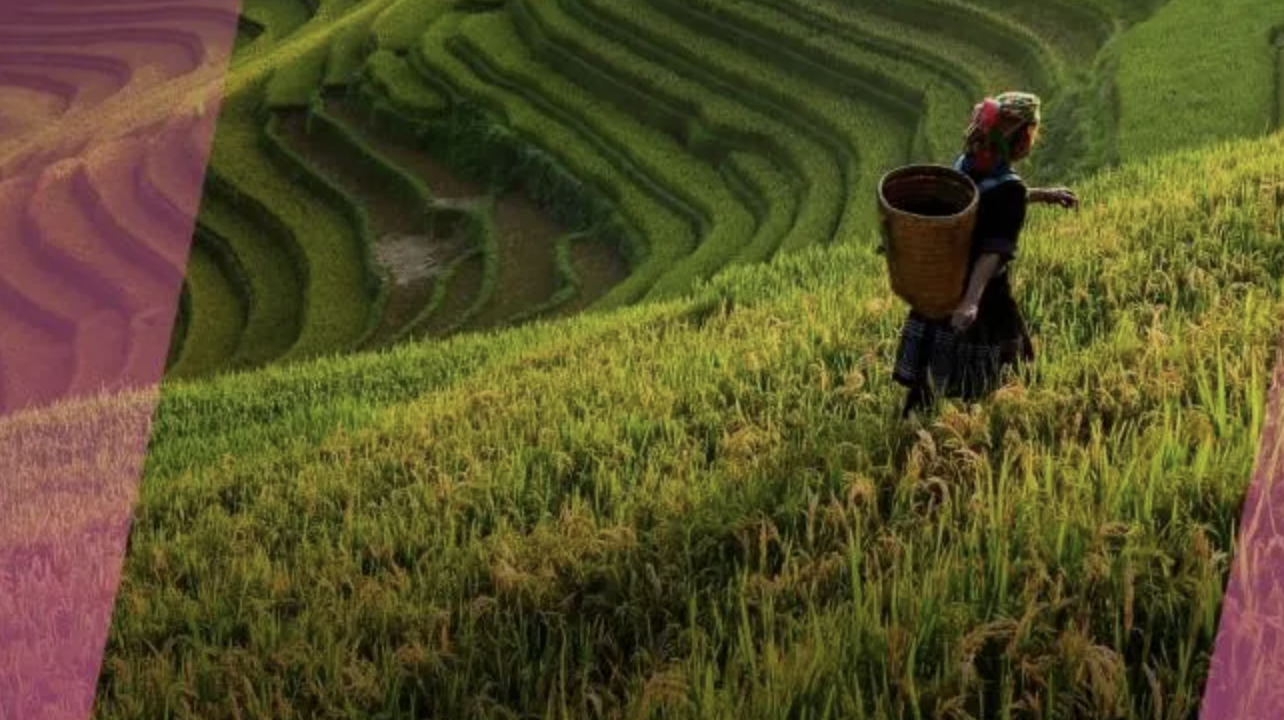How digital tools are mitigating risk and making farming more rewarding for smallholders in developing countries.
Via Yahoo! Finance

Agriculture has always been about managing risk. When a farmer puts a seed in the ground, they’re making an investment in the land. In developing countries where livelihoods depend on harvests the most, that risk is often the greatest. In a commitment to empower more than 100 million smallholder farmers, Bayer is setting out to balance the equation by mitigating risk and making farming more rewarding through crucial partnerships and innovative digital tools.
Risk: how farmers manage
For those working in agriculture, risk is tangible. Inclement weather, disease, and pests threaten even the most prepared farmers, making a tough profession even harder. Global trade disputes and market uncertainties add to the stress and can further jeopardize their means.
In developed countries, farmers have support systems incentivized to help. Banks and insurance companies may absorb some of the financial risk, and seed dealers often make advice and consultation available throughout the year. Support like this is crucial, and it has helped ensure agriculture remains a stable industry in thriving societies.
In developing countries, the story is different. The pressure to succeed falls directly on the shoulders of smallholder farmers. If a disease or pest wipes out a field of crops, their investment is a complete loss. There is limited societal or governmental support, and since these farming families often have no insurance, they absorb all of the financial uncertainty. But, advancements in technology are helping make farms more productive, and harvests more reliable.
Free digital and financial support tools are helping balance the risk vs. reward equation inherent in agriculture by giving farmers the support they need. These platforms have the potential to make small farms in developing countries more sustainable financially and environmentally.
Reward: better tools bring better outcomes
The digitalization of modern life has changed the way we do almost everything. Unimaginable amounts of information move instantaneously around the world, getting things done, influencing decisions, and creating new possibilities. It’s happening even in some of the most unexpected places—like on small peanut farms in Senegal.
In a growing number of villages in West Africa, buying a bag of peanut seeds looks something like this: farmers purchase scratch cards at their village store for relatively small amounts of money—the equivalent of a few euros at a time. On the back of each card is a unique code that the farmer texts to myAgro, a Bayer-backed start-up company, and the value of that purchase goes into a savings account. The farmer can later draw from that account to buy high quality seeds or fertilizer.
By leveraging simple, affordable text messaging technology, myAgro is helping kickstart a sustainable financial cycle for many smallholders. The ability to save incrementally means farmers can buy better inputs and realize better harvests. Better harvests mean more income, and more income means they can save for the next big investment. By improving the livelihoods of smallholders, better access to modern agricultural innovations are strengthening communities.
The support smallholders need
Helping smallholders purchase higher-quality seeds is one part of the equation, but innovations are continuing to help even after the seed is in the ground.
FarmRise™, an app developed by Bayer’s Climate Corporation, gives smallholders market insights, weather forecasts, and free agronomic advice, helping them reduce the risk of crop loss and farm more sustainably. In the app, farmers read tips on how to grow certain crops and care for them at different stages. This advice, coupled with market insights, can help smallholders get a fair price for the harvests they bring to market, making the entire process a bit more rewarding.